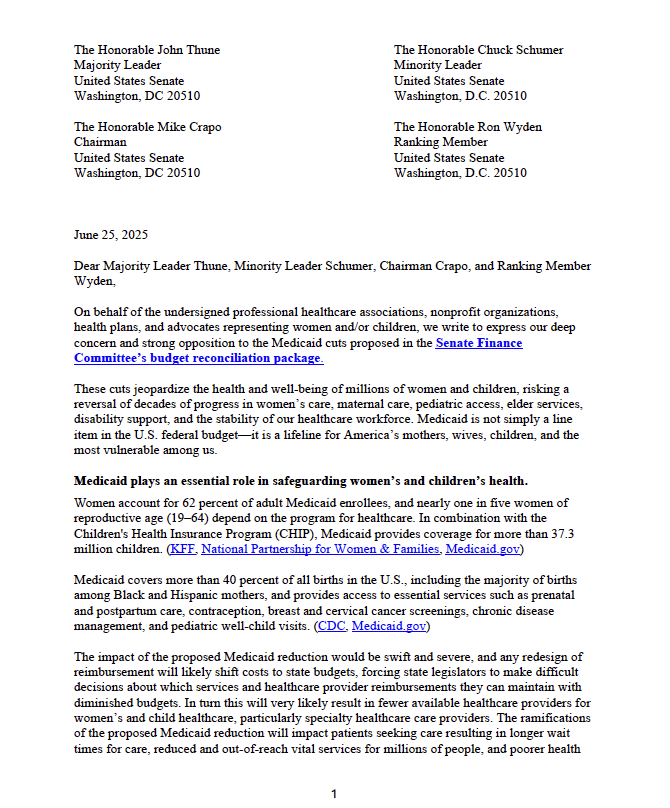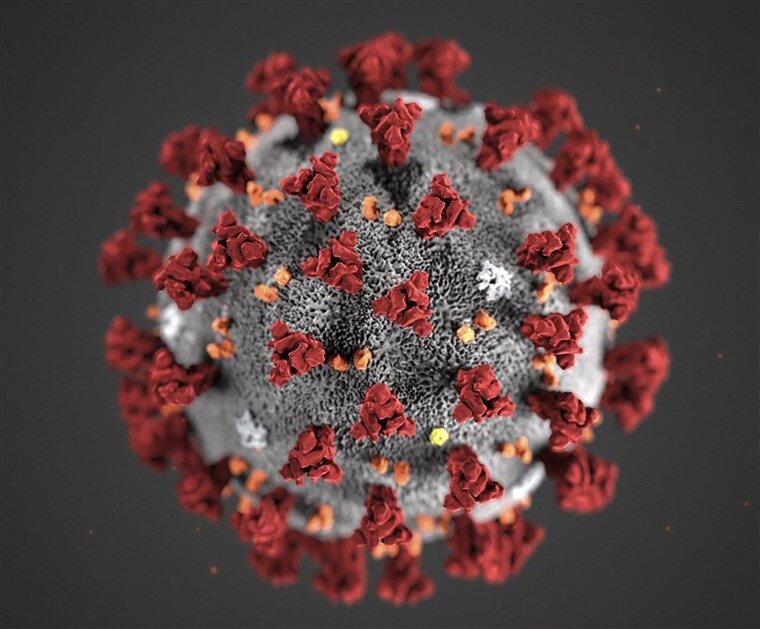
June 27, 2025
By Adjoa Kyerematen
NMQF Joins Letter to Senate on Impact of Medicaid Cuts on Women and Children
Read More

For Immediate Release
March 9, 2020 | Washington, DC
National Minority Quality Forum’s Statement on the 2020 Annual Leadership Summit & Spring Health Braintrust and COVID-19
The National Minority Quality Forum’s (NMQF) 2020 Annual Leadership Summit & Spring Health Braintrust is currently scheduled to take place April 27-28, 2020 in Washington, DC. As of the week of March 8th, the Summit will continue as planned in-person at the Watergate Hotel.
NMQF leadership is closely monitoring the COVID-19 situation. We consider the health, well-being, and safety of our meeting attendees, staff, and the public our top priority. At present, the immediate health risk from COVID-19 in the United States is considered low, both for the general American public and for healthcare professionals who have not had prolonged close contact with patients who have COVID-19.
NMQF is taking the following steps regarding the 2020 Annual Leadership Summit & Spring Health Braintrust:
NMQF leadership is ready for flexible decision-making as further information arises.
NMQF is working with the Watergate Hotel to ensure that proper medical and sanitation processes are in place to host a vibrant and educational meeting.
NMQF will notify all members and registrants of important updates as they become available.
Additional information regarding travel guidance and situational updates is available on the CDC website. We would like to encourage everyone to take everyday preventive actions, such as staying home when they are sick, staying home if exposed to someone else who is sick, covering coughs and sneezes with a tissue, and washing their hands or using hand sanitizer.
For additional questions or concerns, please email Brandon Garrett at bgarrett@nmqf.org or Keiko Purnell at kpurnell@nmqf.org.
About the National Minority Quality Forum
The National Minority Quality Forum assists health care providers, professionals, administrators, researchers, policymakers, and community and faith-based organizations in delivering appropriate health care to minority communities. This assistance is based on providing the evidence in the form of science, research, and analysis that will lead to the effective organization and management of system resources to improve the quality and safety of health care for the entire U.S. population, including minorities.